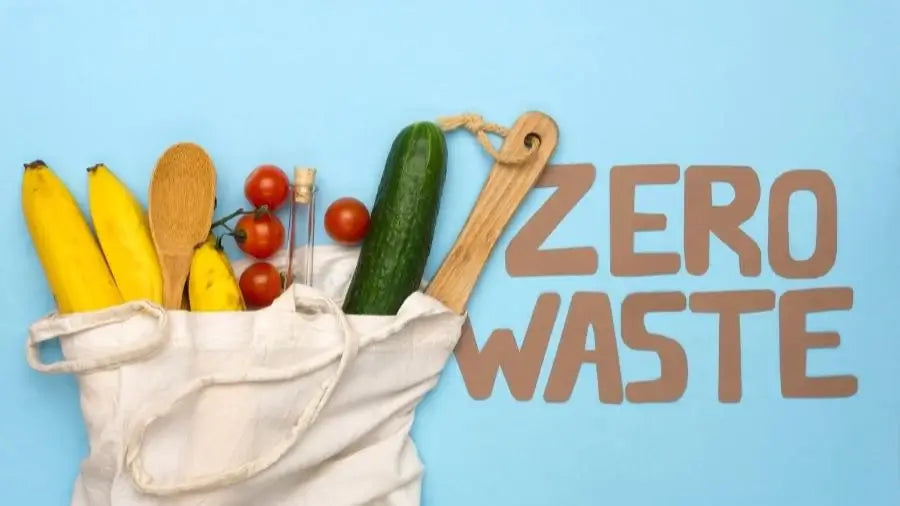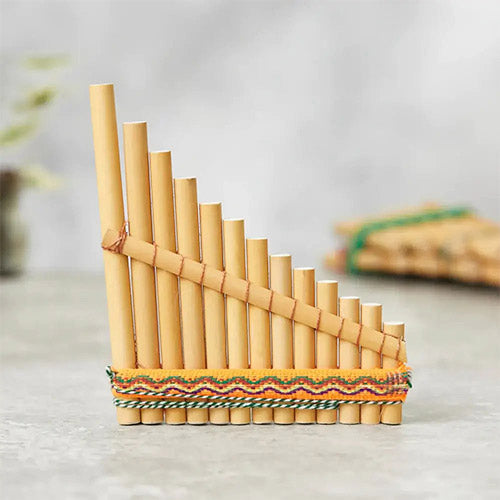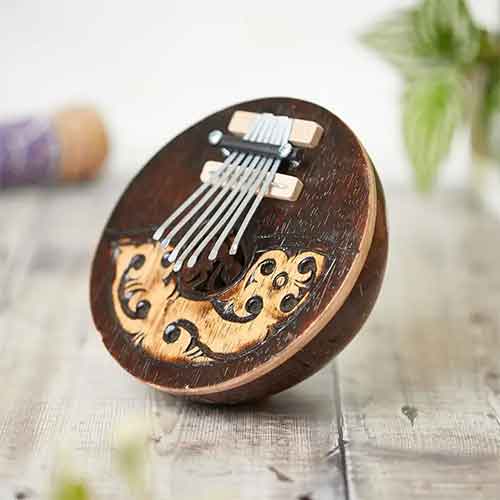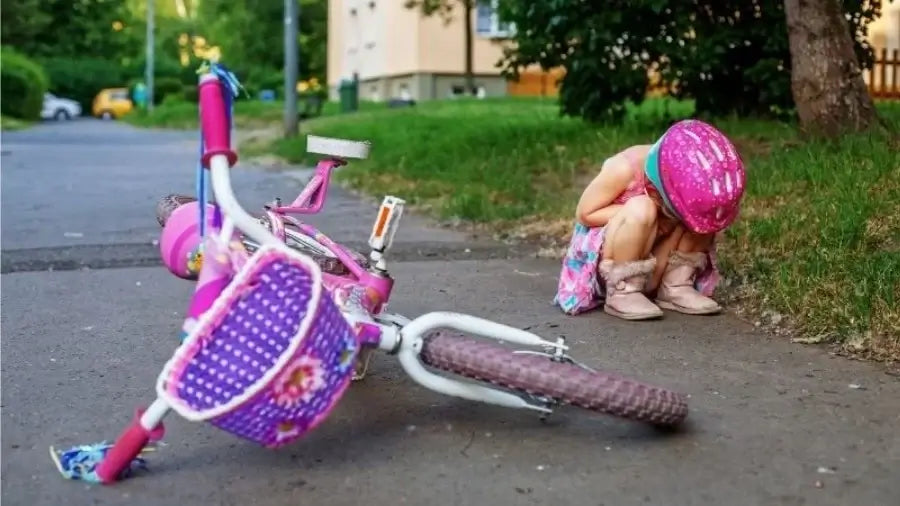Landfills are overflowing with tonnes of trash which won't decompose for thousands of years and as a result, we are staring down the barrel of an ecological disaster in as little as fifty years. Depending on what generation you belong to, it may not necessarily be your fault. This may simply be the world you inherited. However, that doesn’t mean that we should sit back and watch the inevitable play out.
Sure, recycling has been a great help and green initiatives do help us move in the right direction. However, as a collective, we need to make a sustainable living and a less wasteful existence an unconscious decision. So with that in mind. We thought we could help by offering simple and effective ways to waste less and move one step closer to healing our planet.
1. Buy Less Plastic
Plastic is the enemy of the environmentally-conscious individual. Plastic is one of the worst materials to stick in landfill as it will not decompose for anywhere from twenty to five hundred years. It seems like a problem without a solution but thanks to the wonder of recycling, we can repurpose plastic to make new resources and materials. Plus, we ourselves can repurpose plastic water bottles and containers instead of buying fancy new Tupperware. So be sure to do the right thing if you have to use plastic.
2. Upcycle furniture
Due to the sheer size of most pieces of furniture, you can imagine how much space that it takes up in landfill. However, in a lot of cases, it doesn’t have to be like that. Many crafty individuals have posted handy tutorials online, showcasing cheap and simple ways to take old and battered furniture and up cycle these items into beautiful vintage pieces for your home. You would be surprised just how amazing these eyesores can be with a new coat of paint or a few structural tweaks. So be sure to check out a few DIY guides before you go tossing your old furniture.
3. Reusable cutlery
On the subject of using less plastic, one of the worst culprits is disposable cutlery. Whether it's a work function, a social gathering or a cheap cafeteria. These items show up everywhere and when you chuck them after eating, they hang around for a long time. So instead, we would urge you to invest into a reusable option. There are tonnes of great products like bamboo cutlery sets that often come complete with reusable beeswax wraps so you can keep your food fresh too.
4. Local refill centres
Buying products at the supermarket is usually a sure fire way to stock up on unwanted plastic that you will have to find ways to repurpose. However, the better alternative is to find ways to not buy it at all. Well, the best way to do this is by using the refill quarter. By investing in glass mason jars or reusing plastic containers from previous purchases. You can go to these stores and stock up on essentials without ever buying so much as one new container. Plus, you can buy in bulk too which helps cut waste over time. So consider stocking up on essentials at these eco-friendly outlets.
5. Going to charity shops
Clothes are essential and having multiple outfits allows us to express ourselves. That’s not something we would deny anyone of. However, there are much more eco-friendly ways to go about this. The simple solution is charity thrift shops. These stores tend to have some incredible vintage gems that look just as good, if not better than something you could buy online. Plus, you can drop off all of your unwanted clothes when you make your way down there. Developing a second-hand style is easier than ever with apps like Depop and Vinted too, so there is no excuse. Say no to brand new and say hello to used.
6. Compost your food waste
If you absolutely have to throw out fruit, veg or food waste that is well past its sell by date. We would urge you to compost these items at the very least. The reason being that these items in landfill still produce methane that is harmful for the already fragile O-zone layer. However, within a compost pile, this isn’t the case and it can also work wonders on your garden if you have a green thumb. Either way, it’s worth doing and helps save the planet.
7. Buy wonky vegetable boxes
One of the biggest environmental stressors around is the effects of farming and agriculture. To produce a wide selection of fruit and veg, farmers will run a variety of machines, adding to their carbon footprint in the process. Then ultimately, a lot of this produce goes to waste. However, you can help stop this trend by purchasing wonky veg boxes. These are reduced or slightly battered veg from stores which have been conveniently priced. This is a real cost-effective way to buy local produce and ultimately, the produce still tastes great even if it is a little less aesthetically pleasing. So consider a wonky box next time you do a grocery shop.
8. Change your hygiene routine
Another big contributor to waste is bathroom products. These are some of the most likely household items to reach landfills and ultimately, there is no need. Packaging for these products seem essential but if you use eco-friendly options, you can avoid packaging altogether. There are items out there such as shampoo cubes which can be crushed and lathered instead of packaged in plastic containers. Or products from Lush which use refillable containers and all natural ingredients.
9. Use a moon cup
Then speaking of your bathroom routine, sanitary products are probably the most wasteful products you’ll find in there. In a woman’s life, on average they will use around 15,000 sanitary products, however, it doesn’t have to be that way. Products like the Moon Cup allow menstruating women to reuse this product time and time again. Making it a cost-effective sanitary product and one that will cut down your waste drastically. So consider this if you want to make a saving and massively cut down your waste.
10. Meal plan
Then lastly, we are all guilty of making too much food from time to time. We aren’t all chefs and as a result, our portion control can be a little askew at times. So there are two things you can do. One is to make a meal plan by setting out clear recipes and quantities for the week so you always have snacks and meals without ever having more than you need. Plus, if you do make an error and have some leftovers. Keep them and see what you can make with them the next day. You may be surprised what you can come up with. So let your culinary genius shine through.
11. Buy secondhand or recycle

Buying new doesn't make much sense. Of course, it can be nice to open a brand new box and see this shiny item, but it doesn't stay pristine, and with the packaging removed, the item is then used and can expect a decline in value.
Let's take a look at the process of a new product; it starts in a factory or workshop made using new materials, it is then sent directly to a store outlet or directly to a customer. The customer uses the item until it is no longer suitable. Depending on the material, it's moved to a recycling centre or landfill, which then disrupts and causes harm to our environment. It typically costs more than secondhand and can last the same amount of time.
The packaging for a new product is also excessive. If you have ever brought a TV, appliance or a kettle, you will know that there can be a substantial amount of plastic wrappers, polystyrene which seems to go everywhere no matter how careful you are.
What can be recycled?
Many materials are widely recycled and in many different ways. For example, clothing can be recycled in charity shops or changed into rags to make new garments.
Old paper and cardboard are recycled for craft or to create new paper or cardboard. Wood is one of the most excellent materials that can be used to make almost anything, such as doors, tables, chairs, houses, shelving. Any wood in the form of timber is technically already recycled because its primary purpose is to be a tree. Old metals are melted to create new products such as jewellery, electronics, aluminium cans, tins, etc.
Plastic can be recycled; however, as it does not decompose and is harmful to the environment, it is not a preferred choice, and we need to continue to reduce our carbon footprint.
Recycled definition
According to various sources on the web, the definition of the word recycle or past tense word recycled’ is; converting waste into reusable material. For example: “used metal tins can be recycled into new aluminium.” Synonyms include: reuse, reprocess, cover into something, reclaim, recover, salvage, save, use again. There are many benefits to buying recycled. Let's explore them now.
1. Less waste
Buying recycled means less waste simply because it prevents the product from going into landfills, which is better for our environment.
2. A new lease of life
The item being recycled or refurbished means that it gets a new lease of life and can be enjoyed or used again. Refurbishing further adds to preventing waste because it can prevent someone from buying something new.
3. Promoting creativity
Reducing mass production by recycling can also be good for your creativity. Take a broken item and think to yourself, what could I make with this? There is a lot that you can achieve with just a few things. Glue can be used to fix loose parts, and other materials can be replaced. You could even remove all of the material from the broken item and store it in tubs until you have a project.
4. Unique
Items that have been recycled have a lot more character in them. For example, rustic shabby chic furniture is very popular, and the nature of the furniture comes from its upcycled refurbished look.
5. Cheaper
Recycled items are naturally cheaper to buy because the company that made it has had to pay less on the cost of materials.
So that is our tips that will lead to a less wasteful existence. What do you make of this list? Do you do any of these things? Are there any other ways to tackle waste that we missed here? Let us know in the comments section below and check out our ethical recycled gift range.












